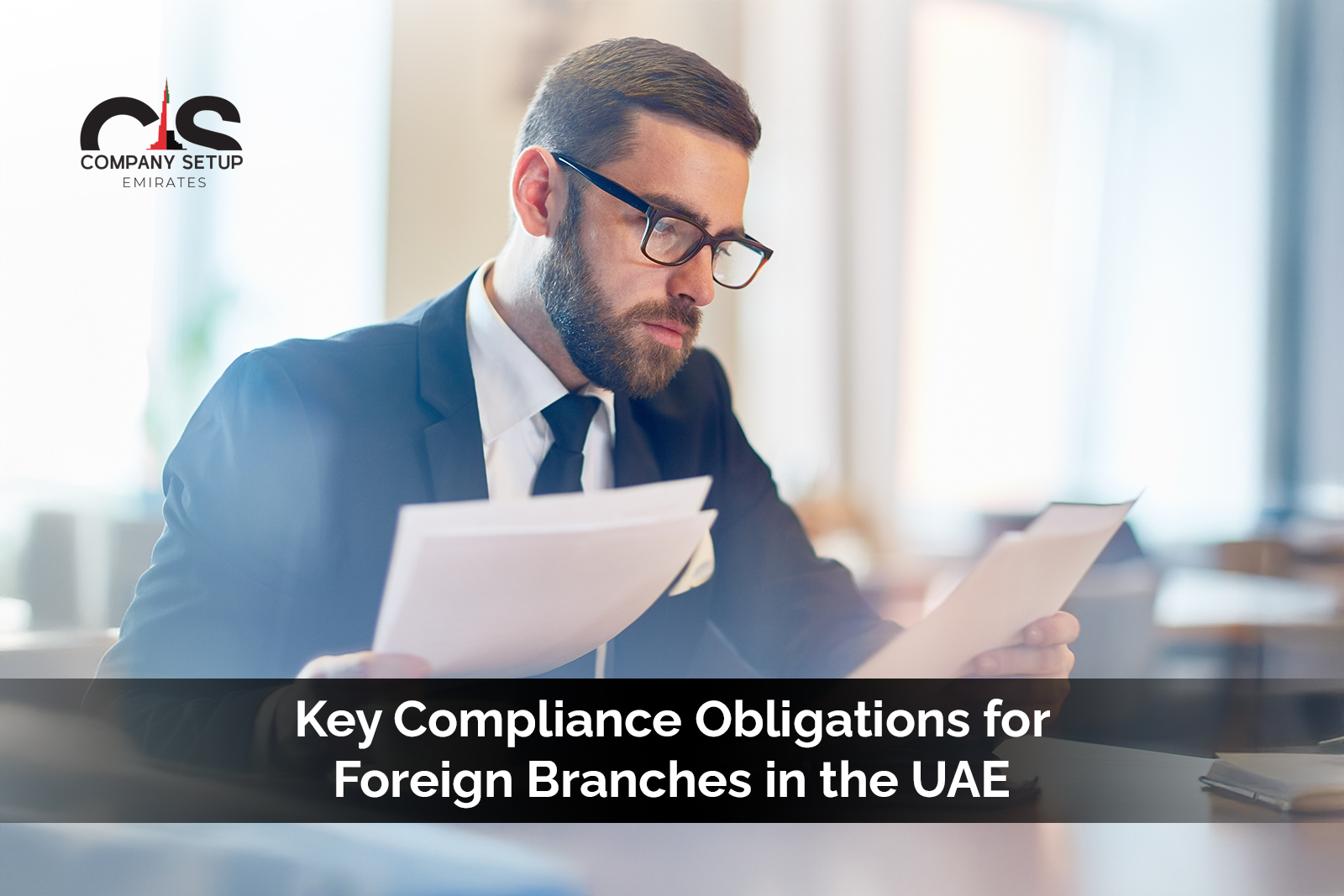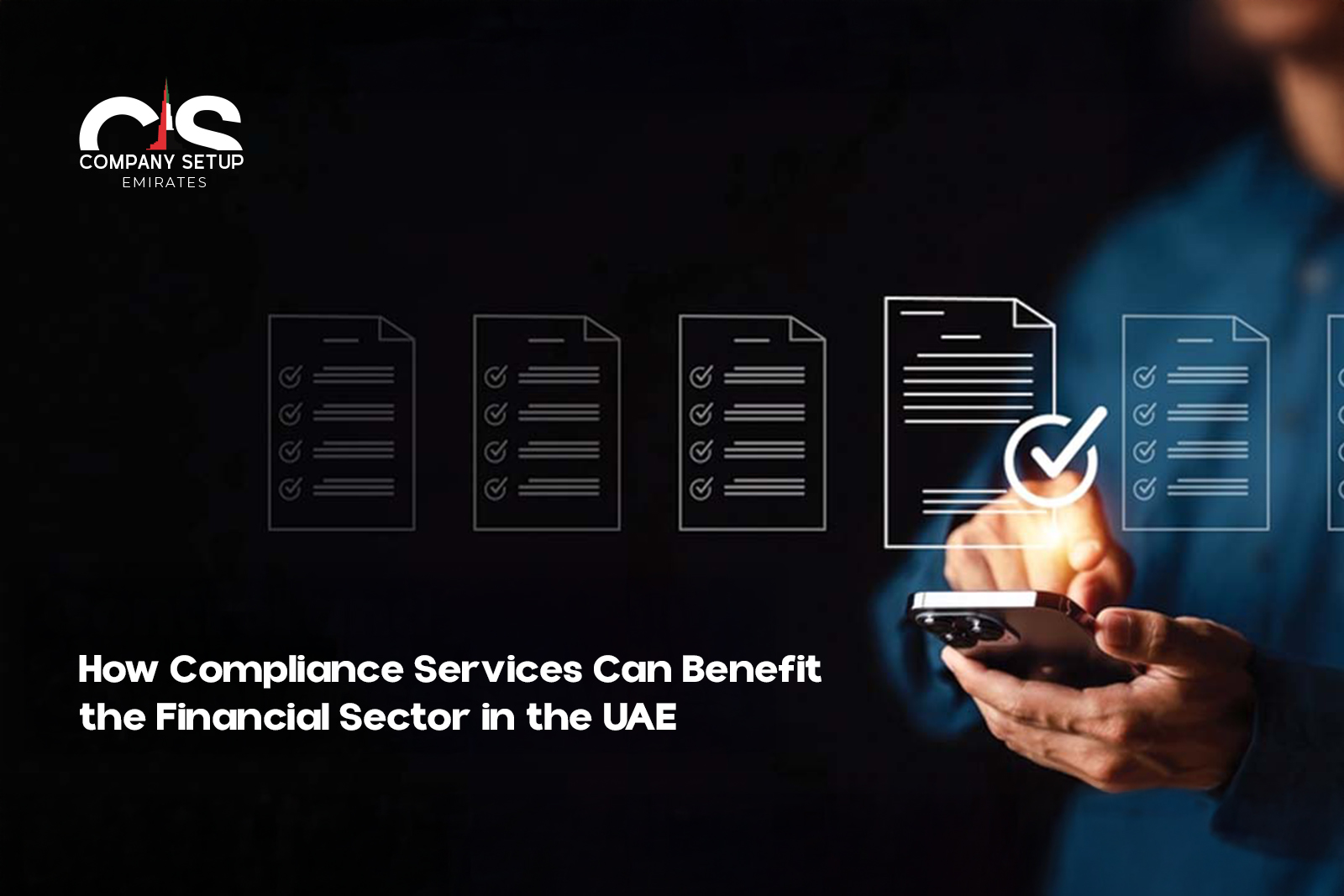Effective accounting is crucial for any successful business, especially when setting up in a new market like Dubai. Proper financial management not only ensures compliance with local regulations but also helps in making informed business decisions, managing cash flow and planning for growth. In this blog, we will explore key strategies and best practices for managing your business’s accounting needs in Dubai, ensuring a smooth setup and ongoing success.
1. Understanding Dubai’s Accounting Regulations
Dubai’s accounting regulations are aligned with international standards, but there are specific local requirements that businesses must adhere to. The UAE has implemented the International Financial Reporting Standards (IFRS), which businesses must follow to ensure transparency and consistency in financial reporting.
Key accounting regulations in Dubai include:
- Financial Reporting: Companies are required to prepare financial statements in accordance with IFRS. These statements must be audited annually by a registered auditor.
- Tax Compliance: While Dubai offers a tax-friendly environment, businesses must comply with the Value Added Tax (VAT) system. VAT is levied at a standard rate of 5% and businesses must file regular VAT returns.
- Record Keeping: Businesses must maintain accurate records of all financial transactions, including invoices, receipts and bank statements, for a minimum period of five years.
Familiarising yourself with these regulations will help you stay compliant and avoid potential legal issues.
2. Choosing the Right Accounting Software
Selecting the right accounting software is a critical step in managing your business’s finances. Modern accounting software can automate many tasks, such as invoicing, expense tracking and financial reporting, making it easier to manage your accounts.
When choosing accounting software, consider:
- Features: Look for software that offers features like multi-currency support, VAT compliance, financial reporting and integration with other business systems.
- Scalability: Ensure the software can scale with your business as it grows, accommodating more transactions and users.
- User-Friendliness: Choose easy to use software that provides good customer support, especially if you or your team are not accounting experts.
Popular accounting software options for businesses in Dubai include QuickBooks, Xero and Sage.
3. Hiring a Professional Accountant
While accounting software can handle many tasks, having a professional accountant is invaluable. An experienced accountant can offer insights beyond basic bookkeeping, such as financial planning, tax advice and compliance management.
Benefits of hiring a professional accountant include:
- Expertise: A professional accountant brings expertise in local regulations and international accounting standards, ensuring compliance and accuracy.
- Strategic Advice: Accountants can provide valuable advice on financial strategies, budgeting and cost management to help your business grow.
- Audit Preparation: Preparing for audits can be complex. An accountant can ensure your records are in order and assist with the audit process.
Consider hiring a certified public accountant (CPA) or a member of a professional accounting body in the UAE for the best results.
4. Implementing Effective Financial Controls
Establishing strong financial controls is essential to safeguard your business against errors and fraud. Effective financial controls help ensure that financial transactions are processed accurately and that company assets are protected.
Key financial controls to implement include:
- Segregation of Duties: Divide financial responsibilities among different employees to reduce the risk of fraud and errors.
- Approval Processes: Implement approval processes for significant transactions, such as large purchases or expense reimbursements.
- Regular Reconciliation: Regularly reconcile bank statements with your accounting records to identify discrepancies and ensure accuracy.
- Internal Audits: Conduct periodic internal audits to review financial processes and identify potential issues.
By implementing these controls, you can maintain accurate financial records and protect your business from financial mismanagement.
5. Managing VAT Compliance
VAT compliance is an important aspect of accounting in Dubai. Businesses must register for VAT if their taxable supplies exceed AED 375,000 annually. Once registered, you are responsible for collecting VAT from customers, filing VAT returns and paying VAT to the Federal Tax Authority (FTA).
Key steps for managing VAT compliance include:
- VAT Registration: Apply for VAT registration through the FTA’s online portal if your business meets the threshold.
- Invoicing: Issue VAT-compliant invoices to your customers, ensuring that VAT is clearly stated.
- Filing Returns: Submit VAT returns to the FTA on a quarterly or annual basis, depending on your business’s VAT filing frequency.
- Record Keeping: Maintain detailed records of all VAT-related transactions, including sales and purchase invoices, for at least five years.
Proper VAT management helps avoid penalties and ensures that your business remains compliant with UAE tax laws.
6. Financial Planning and Budgeting
Effective financial planning and budgeting are essential for managing your business’s finances and ensuring long-term success. A well-structured budget helps you allocate resources efficiently, track performance and plan for future growth.
Steps for effective financial planning and budgeting include:
- Setting Objectives: Define your financial goals and objectives, such as revenue targets, cost management and profitability.
- Creating a Budget: Develop a detailed budget that outlines expected income, expenses and capital requirements.
- Monitoring Performance: Regularly review your budget and financial performance to identify variances and make necessary adjustments.
- Forecasting: Use financial forecasting to predict future revenues, expenses and cash flow, helping you plan for growth and manage potential risks.
Conclusion
Managing accounting effectively is crucial for the success of any business in Dubai. By understanding local regulations, choosing the right accounting software, hiring a professional accountant, implementing strong financial controls, managing VAT compliance and engaging in financial planning, you can ensure your business remains financially healthy and compliant. With these practices in place, you’ll be well-positioned to achieve long-term success in Dubai’s dynamic market.
Need help with managing your business’s accounting in Dubai? Contact companysetupemirates.com for expert guidance and support. Our team can assist you with accounting services, VAT compliance and financial planning to ensure your business thrives.






